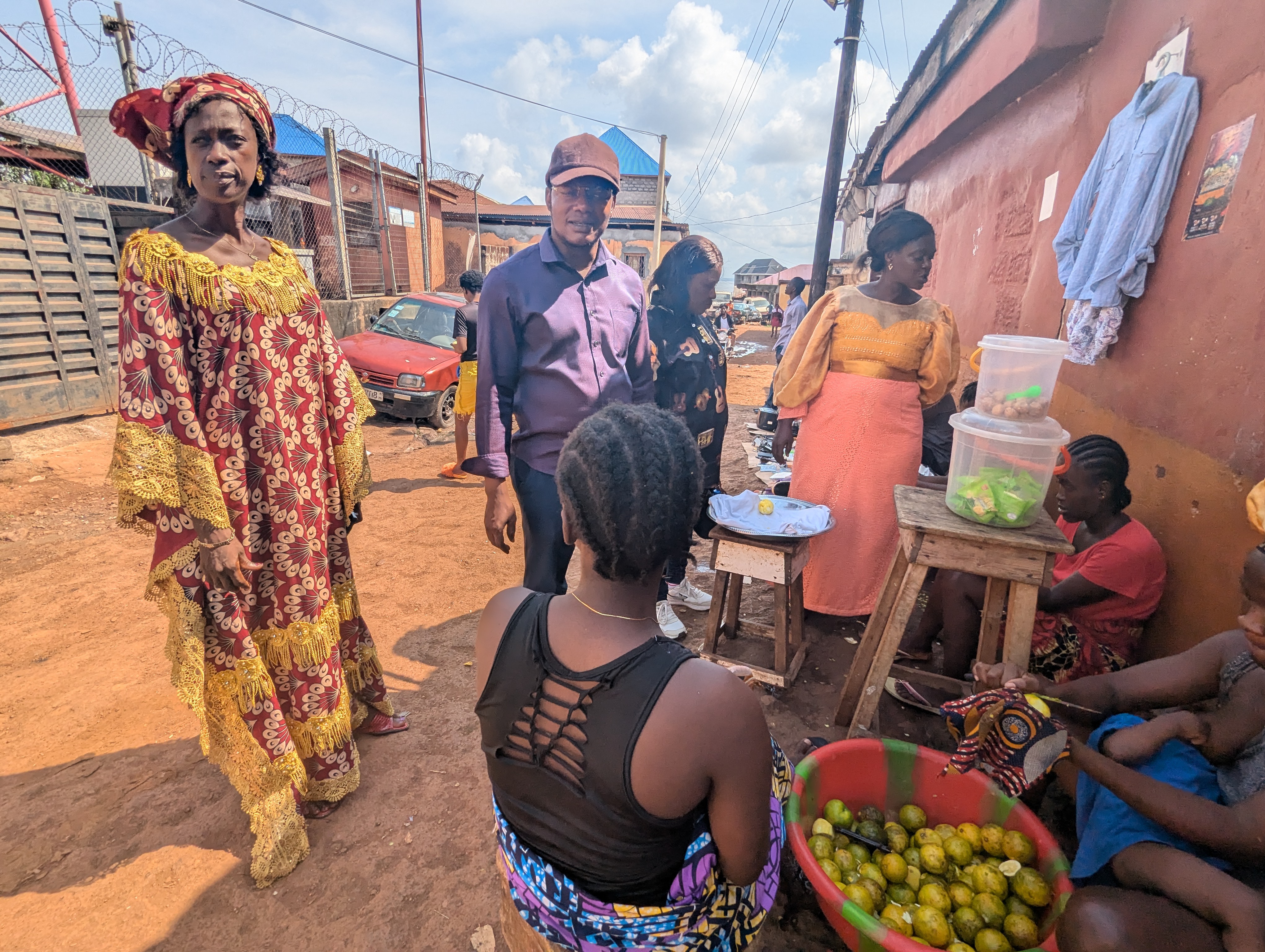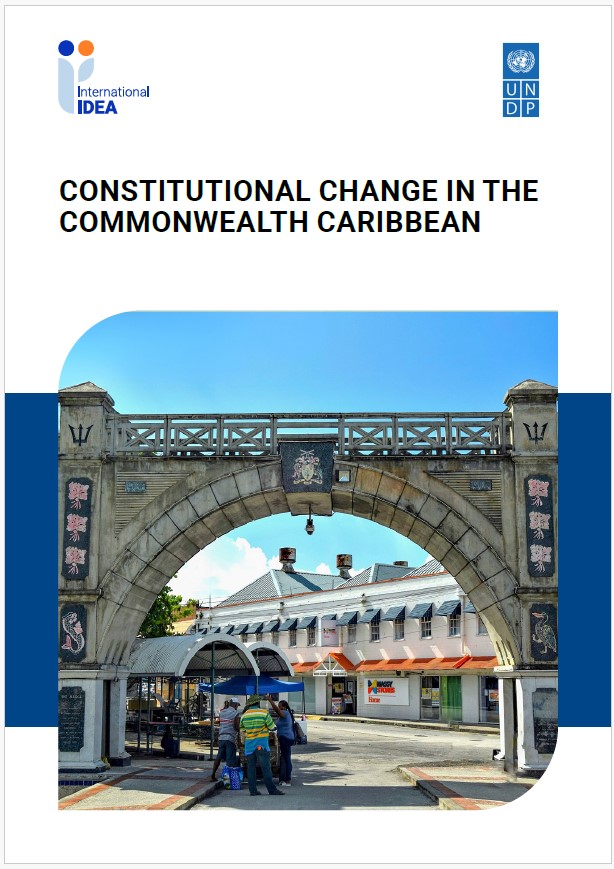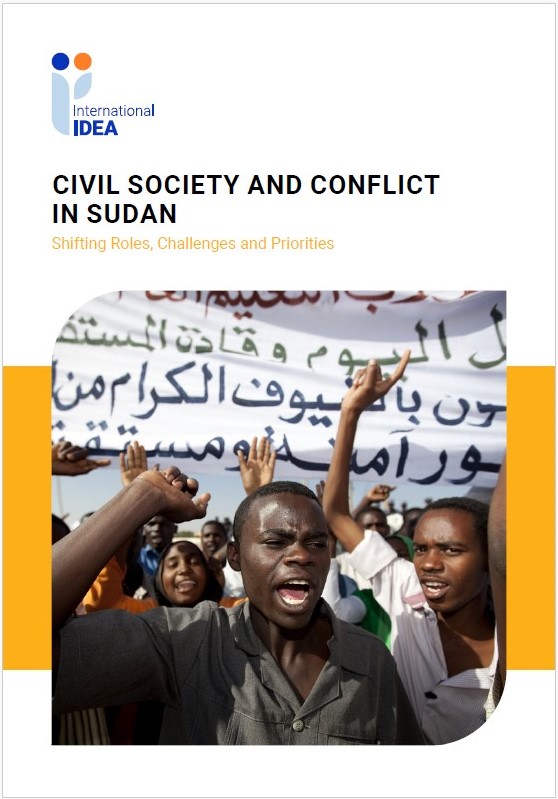Mucho ha pasado desde el inicio de la tercera ola democrática en América Latina hace 40 años. El número de democracias electorales en la región se ha incrementado sustancialmente y ahora, mucha más gente que antes, elige a sus líderes a través de elecciones libres y justas y viven en sociedades donde las libertades de expresión y asociación no solo son respetadas sino promovidas. En Centroamérica, las guerras civiles han terminado y los conflictos son procesados pacíficamente.
Search
Region
Country
Type
On 3 and 4 December, the Electoral Tribunal of the Federal Judiciary Branch of Mexico (TEPJF, for its acronym in Spanish) hosted, in Mexico, the Second Plenary Session of the Global Network for Electoral Justice. This network gathers electoral and constitutional courts from around the world in an effort to address some of the key challenges facing electoral justice and democracy nowadays.
Since 2015, Myanmar has witnessed three elections - general elections in 2015 and by-elections in 2017 and 2018. Although the political will towards reform measures for better elections has increased dramatically since 2015, where people born after 1962 had a chance to experience genuine elections for the first time, for some areas within the democratic reform process, including campaign finance, there is still room for improvement.
Sandwiched between China and Russia, Mongolia’s democracy is in constant peril. The country’s political turmoil is not only prompted by the geopolitical forces outside of its borders, but also from creeping corruption from within.
Money is a necessary component of the democratic process, enabling the expression of political support as well as competition in elections. At the same time, if the funding of political parties and election campaigns are not effectively regulated, money could also undermine the integrity of processes and institutions of political participation and representation.
Voter turnout is one of the crucial indicators of how citizens participate in the governance of their country.
Higher voter turnout is in most cases a sign of the vitality of democracy, while lower turnout is usually associated with voter apathy and mistrust of the political process.
With parliamentary elections in Moldova less than three months away, debate on the funding of election campaigns is heating up. On 6 December 2018, International IDEA organized Moldova’s first roundtable dialogue on Third-Party Contributions in Political and Campaign Funding, together with the Center for Continuous Electoral Trainings (CICDE).
Malaysian and international election experts convened for a two-day Electoral Reform Roundtable on 30 November and 1 December 2018, in Kuala Lumpur, to discuss wide-ranging reform of the electoral system and options for ensuring fair and transparent electoral processes. Malaysia’s 14th General Election in May 2018 unexpectedly ended 61 years of rule by the Barisan Nasional since independence in 1957.
International IDEA and the Permanent Secretariat of the Community of Democracies (PSCD) signed a Memorandum of Understanding to strengthen their cooperation in promoting and supporting democracy. This agreement formalizes and strengthens the long-standing successful cooperation between the two organizations and provides the working framework for inter-institutional dialogue and further cooperation.
IDEA Internacional y la Cepal organizaron en Santiago de Chile, los días 26, 27 y 28 de noviembre, la Conferencia regional sobre el “Estado de la Democracia en América Latina”
International IDEA and ECLAC jointly organized the Regional Conference on the "State of Democracy in Latin America" in Santiago, Chile, on 26-28 November 2018.
Dr Surin Pitsuwan served as Chair of the International Board of Advisors until his unexpected passing on 30 November 2017. He was survived by his wife Alisa and three children. Surin Pitsuwan served as Secretary General of the ASEAN Secretariat (2008-2012) and as foreign minister of his home country Thailand from 1997 to 2001.
Goal 5 of the 2030 Agenda for Sustainable Development (SDG 5) aims to achieve gender equality and empowerment of all women. For several years, there has been a growing attention for the role of SDG 5 in enabling sustainable development, at various levels of policy and in regions worldwide. In the light of this trend. Brussels has become a hub for advocacy and initiatives in this field, often supported by European institutions or international organizations.
The key findings on inclusion in relation to gender and social group equality derived from the most recent update to the Global State of Democracy (GSoD) Indices data are as follows.
El pasado 16 de noviembre se reunieron en la Ciudad de México Miguel Angel Lara Otaola –jefe de la Oficina Subregional para México y Centroamérica—y Yuri Beltrán Miranda—consejero electoral del Instituto Electoral de la Ciudad de México (IECM)–. En el encuentro se exploraron posibilidades de colaboración entre ambas instituciones y de acompañamiento a los procesos electorales y de participación ciudadana en la Ciudad de México.
Miguel Angel Lara Otaola, International IDEA’s Head of Programme for the Mexico and Central America Office, and Yuri Beltrán Miranda, Councillor of Mexico City’s Electoral Institute (IECM, for its acronym in Spanish), met in Mexico City to explore potential collaboration between both institutions and the potential support from International IDEA to Mexico City’s election and citizen participation processes.
The Intergovernmental Authority on Development (IGAD) and the International Institute for Democracy and Electoral Assistance (International IDEA) on November 17 signed a Memorandum of Understanding (MoU) for the promotion of good governance, democracy, peace and security in the IGAD Region. The MoU was signed by the Executive Secretary of IGAD, H.E (Amb) Mahboub Maalim and International IDEA’s Africa and West Asia Regional Director, Prof Adebayo Olukoshi.
Disclaimer: Views expressed in this commentary are those of the staff member. This commentary is independent of specific national or political interests. Views expressed do not necessarily represent the institutional position of International IDEA, its Board of Advisers or its Council of Member States.
Œuvrant pour une consolidation des systèmes de partis politiques structurés autour d’idéologies cohérentes qui agrège les besoins et demandes des citoyens-es, l’Institut international pour la démocratie et l’assistance électorale (IDEA International) a réalisé en 2016, dans le cadre de son projet Support à la consolidation démocratique en Haïti, une série d’entretiens diffusés dans l'émission Ann Pale Politik afin de mieux cerner les dynamiques idéologiques qui traversent le paysage
Declaración: Las opiniones expresadas en este comentario son las del miembro del personal. Este comentario es independiente de intereses nacionales o políticos específicos. Las opiniones expresadas no representan necesariamente la posición institucional de International IDEA, su Consejo de Asesores o su Consejo de los Estados Miembros.


